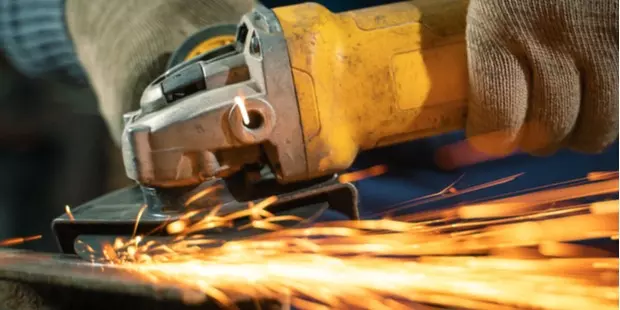When you hear the word grinder, what is the first thing that comes to mind? Do you think of a dating app, an electronic device, or a poker term? If you immediately think of the latter, congratulations: there's no doubt you're a major poker fan. But does that mean that you actually know what this poker term means?
In the dictionary, the word grinding means "a difficult activity that needs a lot of effort" - and a similar definition applies to poker. When a poker player is described as a grinder, it basically means he invests a lot of time into playing poker with the hopes of making a profit. But while some poker pros describe grinding simply as a function of time, others say this term also refers to a specific playing style.
What does the term grinding really mean? And what are the pros and cons of grinding? Find out the answers to these questions in our Everygame poker guide!
Definition of Grinding in Poker
When it comes to poker, the broad definition of grinding is playing a large volume of games and having extremely long poker sessions - all while trying to maintain consistency. That means that in general, a grinder is a player with exceptional dedication and work ethic who isn't afraid to put in the effort required to make a profit off the game.
But if you want to get into specifics, grinding is not only about how many hours you spend at the tables. This particular definition also encompasses a specific playing style, as grinders prefer to play low-risk and low-edge games, which is considered a "boring" yet safe way to increase your earnings little by little.
At the end of the day, it doesn't really matter what the definition of a grinder is, as it is still a respectable and admirable title.
Pros and Cons of Poker Grinding
Adopting this slow and steady approach to the game certainly has its perks. First and foremost, as we've mentioned before, grinders usually go for low-stakes games, which means that even if they lose – they can easily recover from it. Even if you find yourself on a losing streak, the damage to your bankroll won't be that bad.
But that's not all! Grinding can potentially allow you to take the game to a pro level and make a living out of this. When you play high-stakes poker, every loss can seriously harm your bottom line, so participating only in high-stakes games is not a safe way to guarantee a monthly income. However, even though you have to work hard to earn enough cash to support yourself, it is more doable if you take fewer risks and play as consistently as possible.
However, there are downsides to grinding as well. Not everyone has the patience to play for hours on end - without being gratified for their efforts immediately. Grinders increase their income in very small increments, and if you don't have the right mindset for it, you might get frustrated with the slow progress.
In addition to that, grinding can be emotionally taxing. Sometimes, you spend hours playing patiently, hoping to have a successful session, only to see your opponents getting the upper hand with a lucky combination of cards.
Even the smallest setback can seem to be catastrophic when you're exhausted after a long poker session, so it is crucial for you to be able to control your emotions – or else you will start experiencing burnout sooner rather than later.
Are You Ready to Put Your Skills to the Test?
When you play poker, live or online, you must decide: do you want to make the safest choices possible? Or are you willing to take a risk? Many players believe that grinding is the surest way to make poker into a career. So, is grinding in your future?

